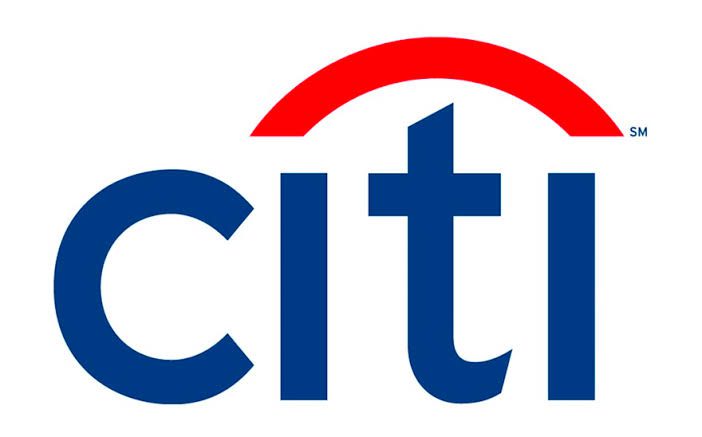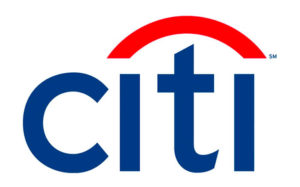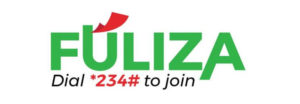Citi (an initiative developed by experts in the IRB community), in its most recent research, has reviewed Safaricom shares from ‘buy’ to ‘neutral’ and increased the target price from 27 Kenyan Shillings to 28.8 Kenyan Shillings based on its research findings. It (Citi), rates Safaricom as a growth company whose revenues are expected to keep expanding mainly driven by income from data and M-Pesa services. The leading telecommunications firm is expecting an increase in revenues from its e-commerce and payments platform in the future.
According to Citi, the mobile operator’s net profits for 2019 are projected to jump up by 11 percent from 55.3 billion Kenyan Shillings recorded in 2018, to 61.2 billion Kenyan Shillings. The company’s new product, Fuliza, is also expected to drive up Mpesa revenue and contribute to the overall growth in the establishment’s total revenue. Since its launch in January 2019, the Fuliza service has gained over 4 million customers.
Safaricom users have reportedly spent more than KSh17 billion on Fuliza in the three months since it has been in the market.

Citi also shed more light on several risks that the mobile operator might face such as the entry of international digital payment firms into the East African market, government interventions that favor the smaller telecommunication companies, and macroeconomic risks.
The planned consolidation of Safaricom’s main rivals; Airtel and Telkom Kenya is projected to put competitive pressure on the mobile giant. Even with that however, Safaricom still has very good financial records and a solid enough infrastructure that will definitely help it stay ahead of its local rivals.
Safaricom via its mobile money service M-Pesa, is also rumored to have played a big role in Kenya being the biggest beneficiary of diaspora remittances in East Africa.
According to a brief by the World Bank, The East African Giant, received $10.74 billion (an impressive 1.08 trillion Kenyan Shillings) from its citizens living abroad between 2013 and 2018, making it number 1 in the region.
Burundi received $257 million (26.04 billion Kenyan Shillings), Rwanda; $1.13 billion (114.5 billion Kenyan Shillings), Uganda; $6.28 billion (636.4 billion Kenyan Shillings), Tanzania; $2.39 billion (242.2 billion Kenyan Shillings) and South Sudan with $2.85 billion (288.8 billion Kenyan Shillings).
East African countries overall, recorded an increase in remittances of more than 60 percent from $2.84 billion (287.9 billion Kenyan Shillings) in 2013, to $4.66 billion (472.4 billion Kenyan Shillings) in 2018.
On the flip side however, and according to the EAC trade report (2017), the flows of direct investment into East Africa have decreased by 25.3 percent to $6.6 a drop, with an exception of Burundi and Rwanda whose Foreign Direct Investment (FDI) increased by $80.9 million (8.2 billion Kenyan Shillings) and $599.9 million (60.8 billion Kenyan Shillings) respectively.
India still retains its position as the world’s top recipient of remittances with Indians in the diaspora sending home $79 billion (8 trillion Kenyan Shillings) in 2018 alone.
Do you have stock(s) in Safaricom?
Have you sent remittances to Kenya or received? Tell us your experience(s)





